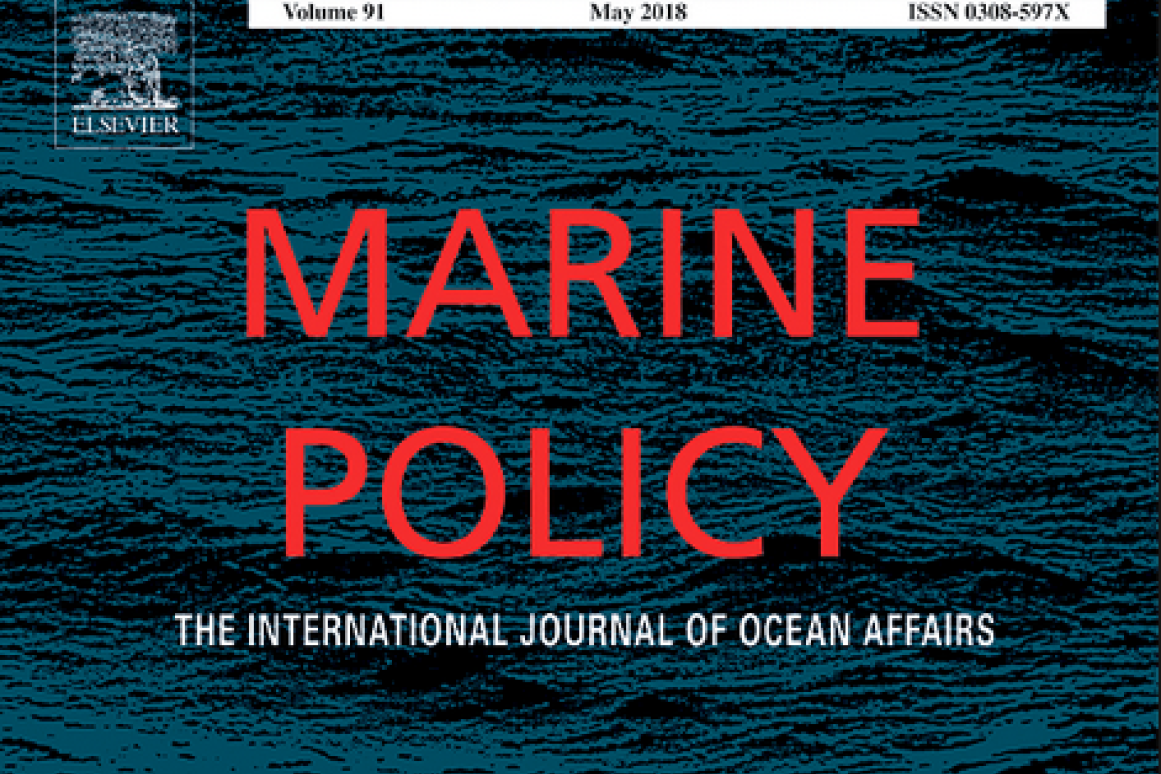HRI graduate Dr. Brittany Blomberg published in “Marine Policy”

HRI graduate Dr. Brittany Blomberg’s article, “Evaluating the U.S. Estuary Restoration Act to inform restoration policy implementation: A case study focusing on oyster reef projects,” was published in the May 2018 volume of the journal Marine Policy. Blomberg’s finding, which come from her dissertation research conducted here at HRI, show that while habitat restoration projects are increasing, there’s a lack of monitoring data from past projects that would give us valuable insight into
Blomberg’s dissertation queried the National Estuaries Restoration Inventory, a database established with the 2000 Estuary Restoration Act (ERA). The act made the nationwide restoration of degraded marine habitats a priority and required the tracking and dissemination of data related to those projects. She found that despite federal requirements to the contrary, monitoring data for those projects were not available. Without that data, it is impossible for researchers to get a big-picture view of the effectiveness of oyster restoration projects over the last decade and develop better strategies for future projects. Understanding the long-term success of these projects is increasingly important as the Gulf of Mexico in particular is poised to spend billions on restoration after the Deepwater Horizon oil spill. Blomberg’s work was honored with the Texas A&M University-Corpus Christi’s Outstanding Doctoral Student Award.
Blomberg, who was advised by HRI Endowed Chair for Ecosystems and Modeling Dr. Paul Montagna and Texas A&M University-Corpus Christi Associate Professor of Marine Biology Dr. Jennifer Pollack, graduated with her doctorate in coastal and marine system science in 2015. She was named Outstanding Doctoral Student for that year. Blomberg left HRI to become a Postdoctoral Researcher at Alabama’s Dauphin Island Sea Lab, and in 2017 she was one of nine emerging scientists to be awarded a 2017 Science Policy Fellowship by the National Academies of Science, Engineering and Medicine’s Gulf Research Program. Through the program, which aims to give scientists first-hand policy making experience, Blomberg was placed in an appointment in the Texas General Land Office in September 2017.
You can read Blomberg’s article here.
